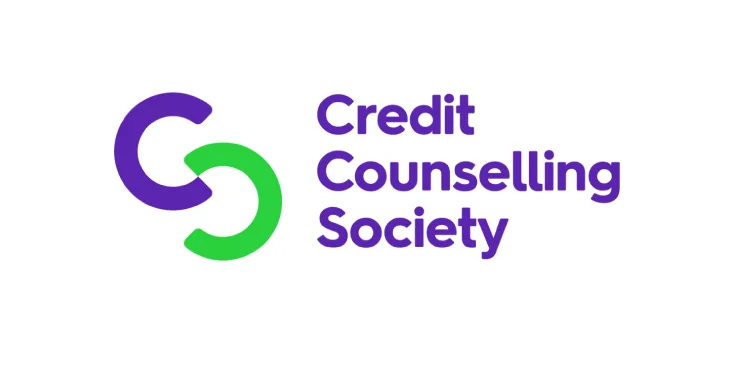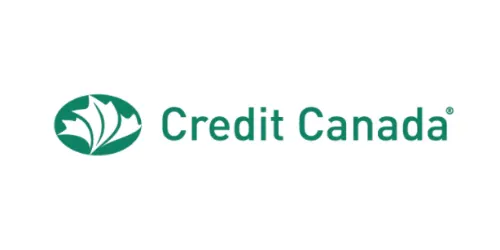
Do I have to hire a professional to negotiate with my creditors?
If you’re struggling with debt, contacting your creditors to explore options together can help turn things around. You may be able to agree with your creditors on new terms to help you make your payments. We offer step-by-step guidance and template letters to help you negotiate payment terms.
What you should know
“I had some unexpected medical expenses that meant I couldn’t pay all my bills on time. I was nervous about my bank loan, so I called the bank and told them my situation. They agreed to extend my loan over another year and reduce my monthly payments. I’m so glad I reached out before things got out of control.”
– Jagmeet, Surrey, BC

If you’re having trouble making your debt payments, one option is to contact your creditors. You can describe your financial situation and explain why you can’t stick to your original agreement. You don’t need to hire anyone to do this for you.
Your creditors may agree to change the terms of your agreement to help you pay. For example, they may agree to:
extend the time you have to repay
charge you a lower interest rate
reduce the amount of your payments
In some cases, a creditor may agree to accept less than the full amount owed. For example, a creditor may agree to accept 50% or 75% of the debt amount if you make a lump sum payment now. This is called a “debt settlement”; see our page on negotiating a debt settlement.
Honesty is the best policy
Be realistic and as honest as possible with your creditors. Don’t agree to new repayment terms if you know you won’t be able to stick to them. It’s unlikely you’ll get a second chance to renegotiate your agreement.
Before you contact a creditor, find out when the limitation period expires. This is a time period set by law for how long someone has to bring a legal action. If the time period has passed, an action cannot be brought or started. If it’s been more than two years since you made a payment or the creditor demanded payment, the creditor may have lost their legal right to enforce the debt. If the limitation period hasn’t yet expired and you acknowledge in writing that the debt exists, the limitation period will be restarted.
Referring to your debt as the “alleged debt” in correspondence with creditors after the limitation has passed indicates that you don’t admit liability for the debt. As a result, the two-year period would not be restarted.
If you're uncertain whether the limitation period has expired
If you have any doubt about whether the limitation period has expired, you should seek legal advice. If it’s been more than two years since you’ve made a payment on a debt or the creditor demanded payment, the creditor may have lost their legal right to enforce the debt.
If you’re nervous about contacting your creditors yourself, there are professionals who can help. For example, a credit counsellor can contact your creditors on your behalf and propose a payment schedule based on your ability to pay. This may be a good option if you have a lot of debt or many creditors.
See our page on people who can help you get out of debt for details on how professionals can help you in negotiating with creditors.
Check a debt repayment agent's licence
Under BC law, anyone who acts for you or represents you in negotiations with your creditors must be licensed as a “debt repayment agent”. Check the Consumer Protection BC website to confirm that whomever you’re meeting with is licensed.
Your creditors aren’t legally obliged to negotiate with you. However, most creditors will agree to negotiate because they want to get as much money from you as they can. The earlier you contact your creditors, the more likely they’ll be open to negotiating.
Most creditors will agree to negotiate with credit counsellors. Going to a credit counsellor shows the creditor that you’re committed to reducing your debt. A non-profit credit counselling agency can work with your creditors to get you the best deal possible without trying to sell you something.
If you go to a debt settlement company, make sure your creditors agree to negotiate with the company. Some debt settlement companies use aggressive negotiating tactics that may cause your creditors to lose patience. Watch out for companies that try to charge you a fee even if they aren’t successful in reaching an agreement with your creditors.
If your debt is excessive creditors may be reluctant to negotiate
If you’re carrying excessive debt your creditors may not agree to negotiate at all. Negotiation works best for debtors who can make most of their payments but are having temporary financial trouble. If you’ve failed to make any payments for months on end, it’s less likely a creditor will take you seriously.
Work out the problem
To effectively negotiate with your creditors, you need to know where you stand financially. Start by making a list of your debts. If you’re behind in payments on things like your rent, property tax, or your utility bill, include those debts.
Gather information for each debt. For each one, you should find:
the name of the creditor or lender
your account or reference number
a copy of any loan agreement you signed
details of how much is currently owing
If you don’t know how much you owe, ask your creditor for an updated statement. This will tell you all the payments you’ve made, and the remaining balance.
For each debt, note whether your payments are up to date or in arrears (that is, behind). If you’re in arrears, note how many payments you’ve missed.
As you enter discussions with your creditors, you should know how much money you can realistically pay on your debts. To be confident of your estimate, you need to make a budget. That’s a plan setting out how you will spend money over a period of time, such as during a month. It shows all the money you expect to get and to spend during that period. Once you have a budget, you’ll be better able to see what you can afford to pay your creditors.
In our page on budgeting out of debt, we walk you through how to make a budget.
For each creditor, figure out what you plan to do. You might ask them:
for more time to pay
to reduce your payments
to lower the interest rate they are charging
to write-off the debt (you will need to make a strong case why you can’t pay the debt back)
Depending on how much you owe, you may not need to contact all your creditors. Negotiating lower payments with one creditor may give you the relief you need.
Consider contacting the creditor you owe the most to first. This will have the biggest impact on your monthly budget.
Alternatively, if you owe money for essential services (for example, hydro or other utilities you can’t live without), you may decide to contact that creditor first to avoid having services cut off.
In contacting your creditors, it’s best to write to them. That way you have a clear record of the communication. You can use one of our template letters:
If you decide to contact a creditor by phone, have the budget you prepared at hand when you call. Write down the name and contact information of whomever you speak with.
If you come to an agreement with the creditor on new terms, prepare a brief written summary of the understanding and send it to the creditor. It’ll be useful to refer to the new arrangement later if there are disagreements.
If you can’t come to an agreement, you’ll need to consider other options for getting out of debt.
If you’ve been able to negotiate new repayment terms with your creditor, do your best to stick to those terms. If for any reason you can’t honour your part of the agreement, let the creditor know as soon as possible. Try to contact the same person you dealt with originally. Having your new arrangement in writing will come in handy at this step.
Depending on the circumstances, be aware that your creditor may not be legally obliged to stick to the new arrangement and may seek to enforce the terms of the original agreement.
Common questions
No. You can contact your creditors yourself. A professional can help, especially if you have a lot of debt or creditors. But you don’t need to hire anyone to negotiate with your creditors. (That’s where the above steps and template letters can help.)
In certain circumstances, when a creditor agrees to new repayment terms, this new arrangement may replace the original agreement.
Whether the new arrangement replaces the new agreement or not, you should still try to get any new repayment terms in writing. For instance, say you owe your creditor $5,000 but they’re willing to accept a lump sum payment of $3,500. Have it in writing that the creditor releases you from liability for the full $5,000 if you pay $3,500 up front.
If your loss of income will affect your ability to make your debt payments, tell your creditors. Explain your situation, and let them know that it’s temporary. They may agree to reduce your payments until you can find a new source of income. Early, honest communication with your creditors makes it more likely that they’ll co-operate with you.
Who can help

Credit Counselling Society of BC
A non-profit society that helps people better manage their money and debt.

Credit Canada
A national non-profit agency that offers debt consolidation and financial education programs to Canadians.

